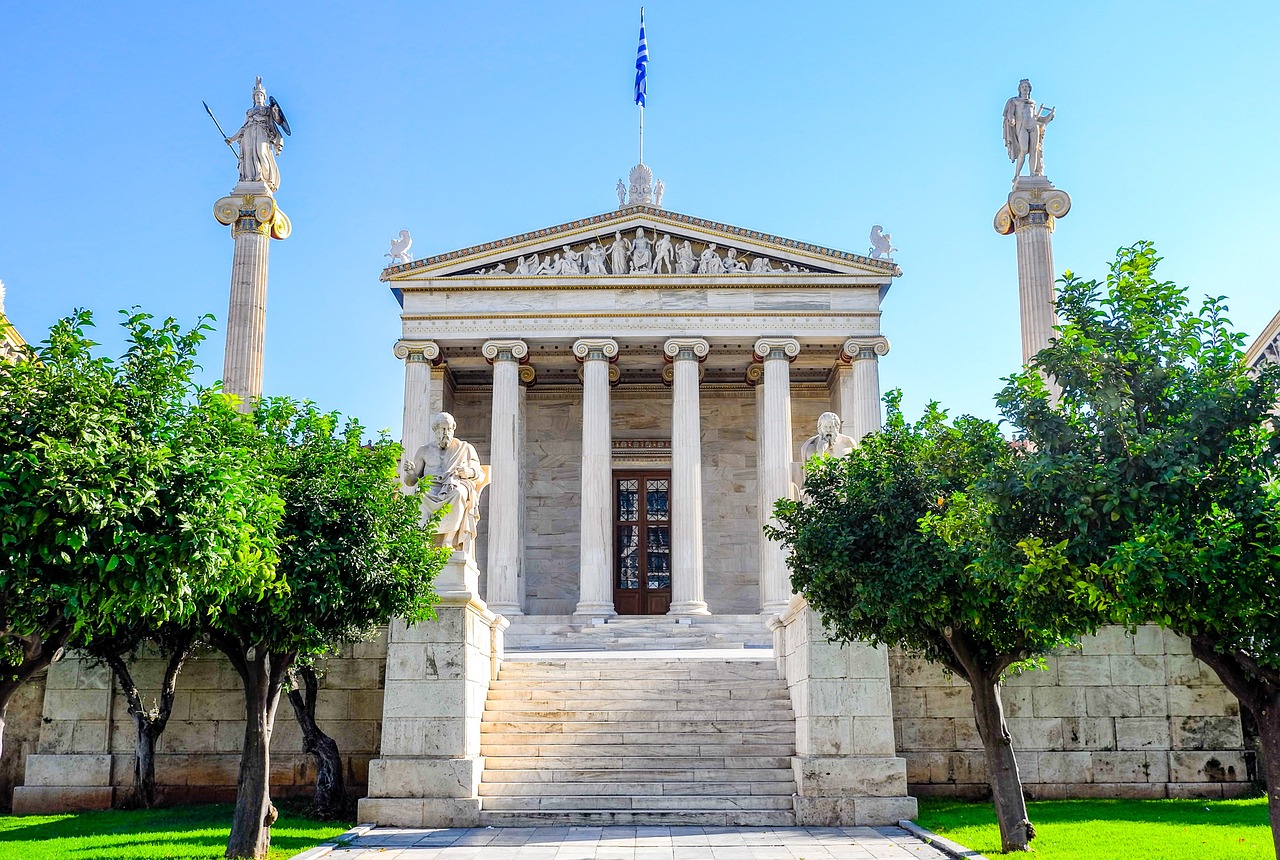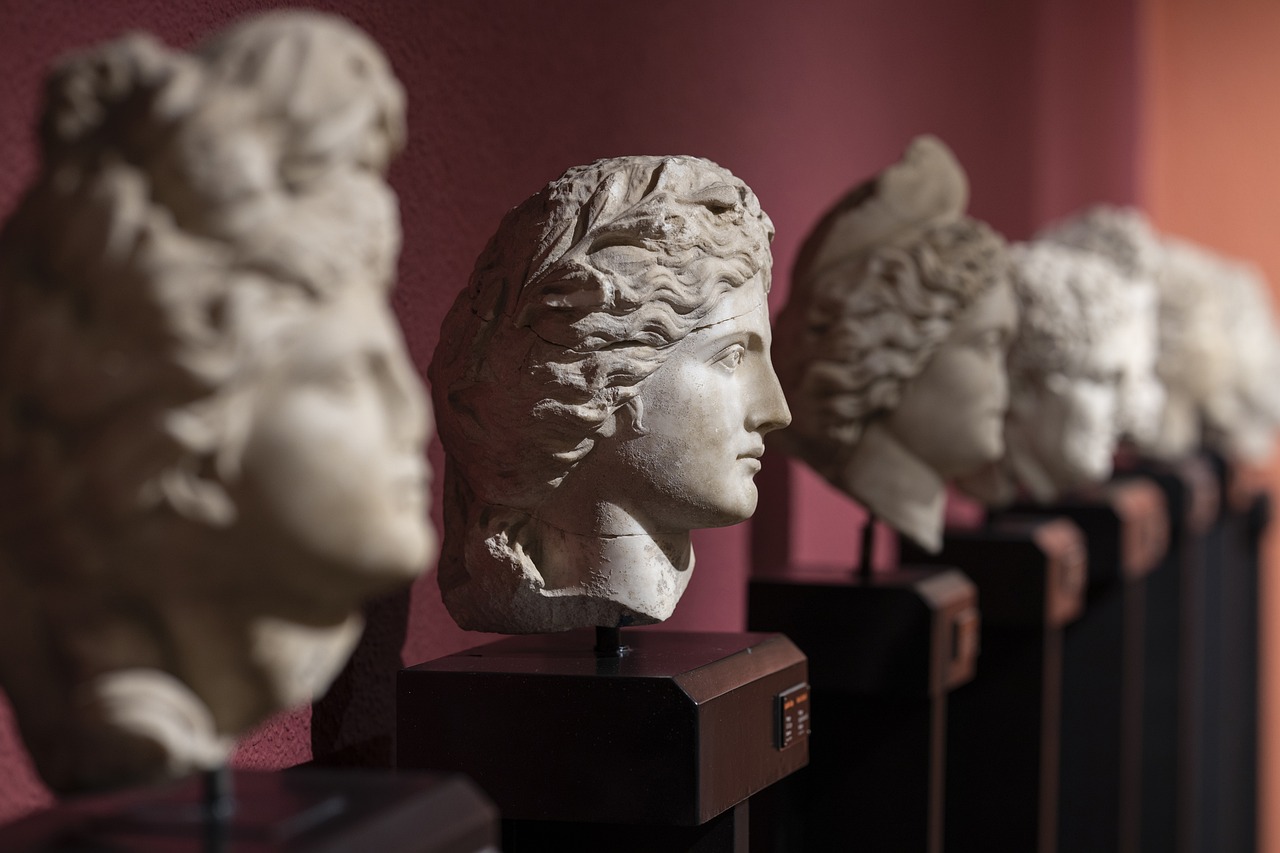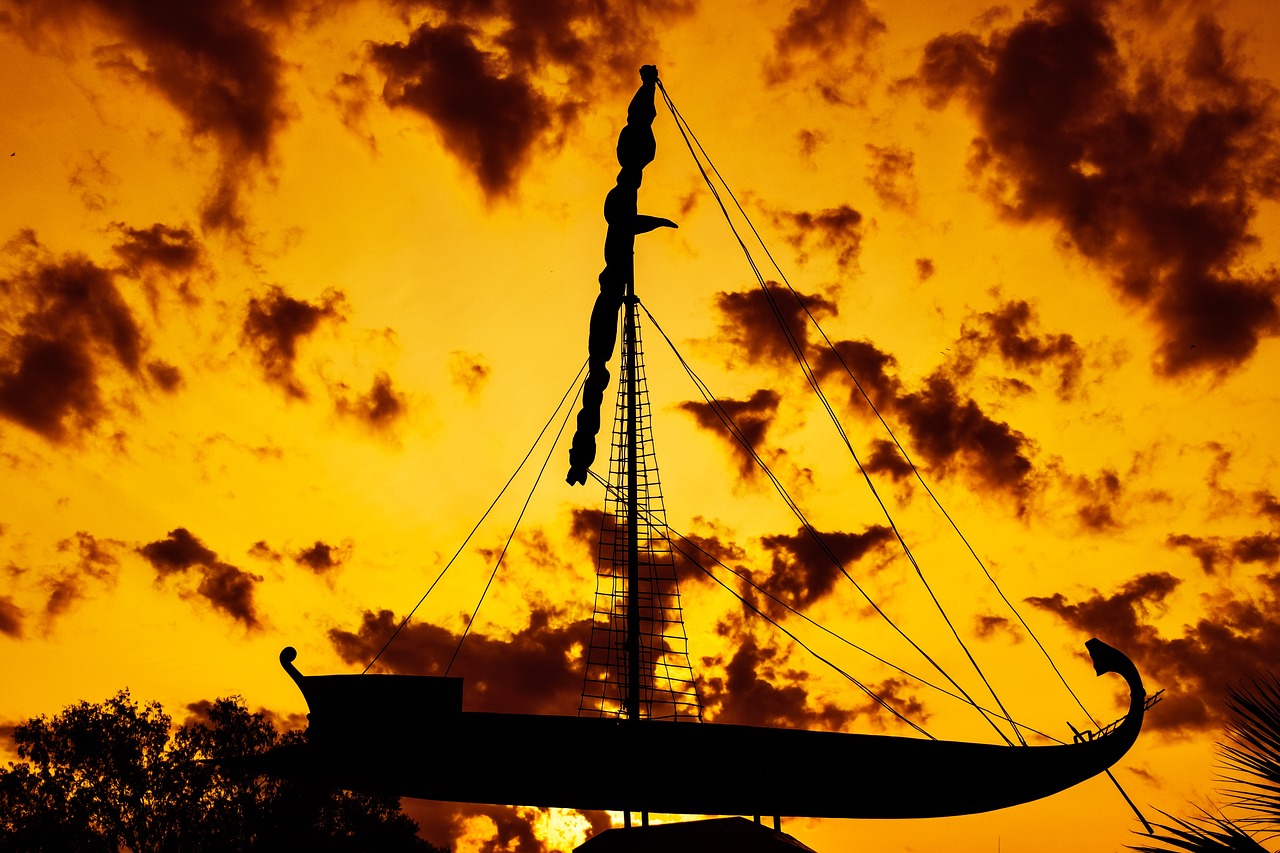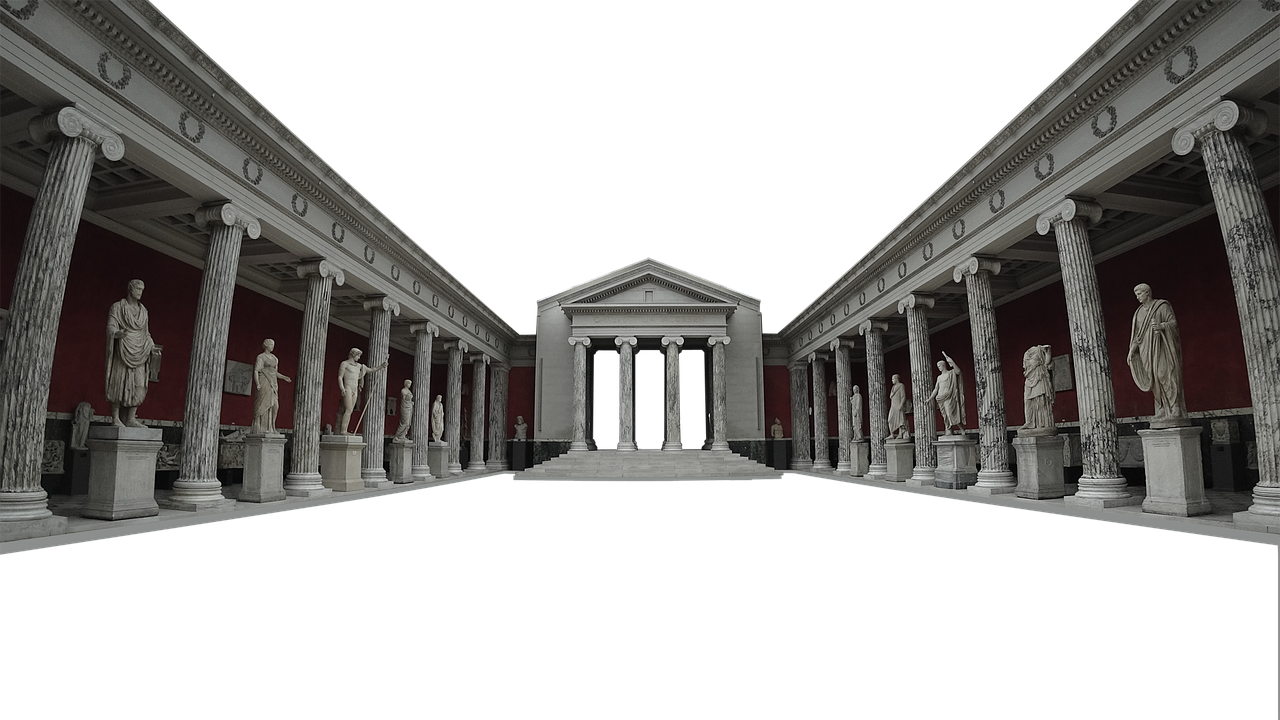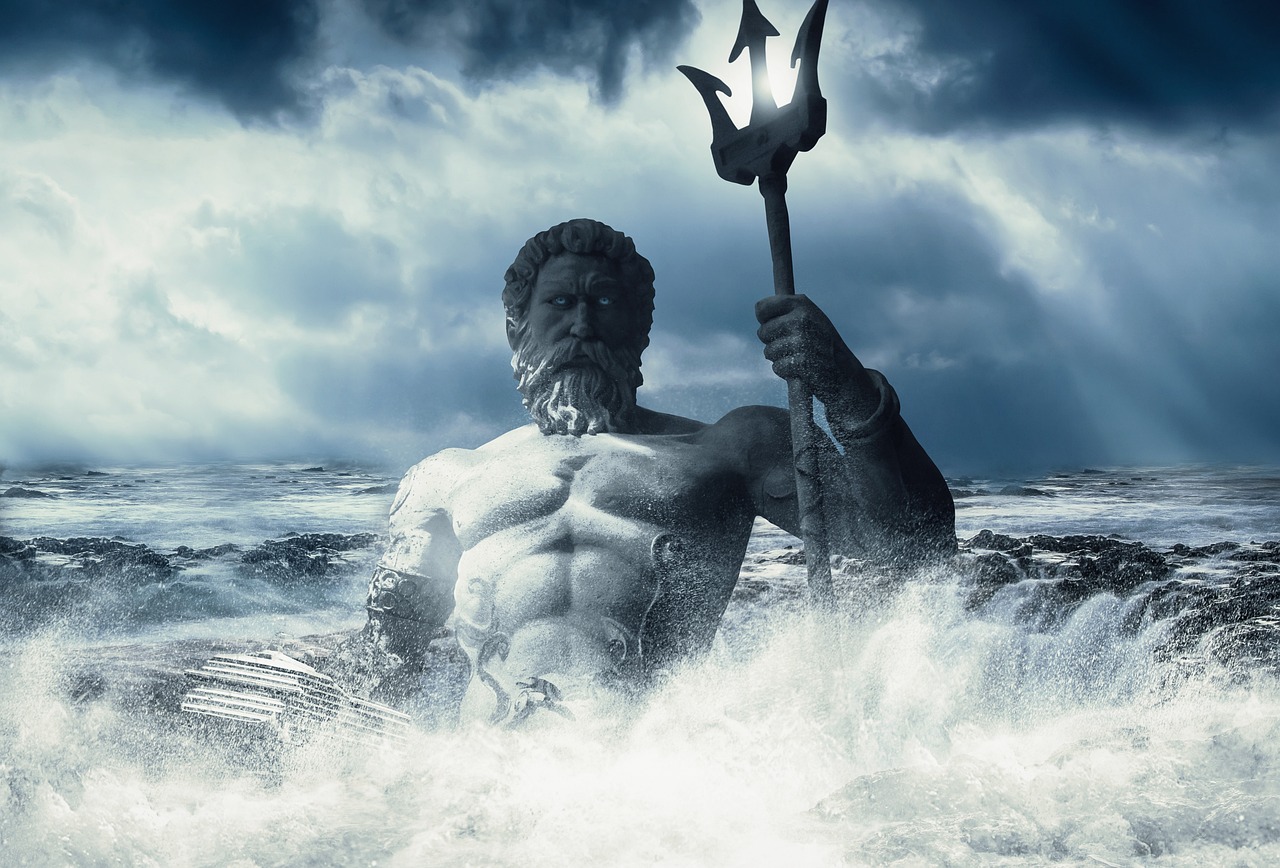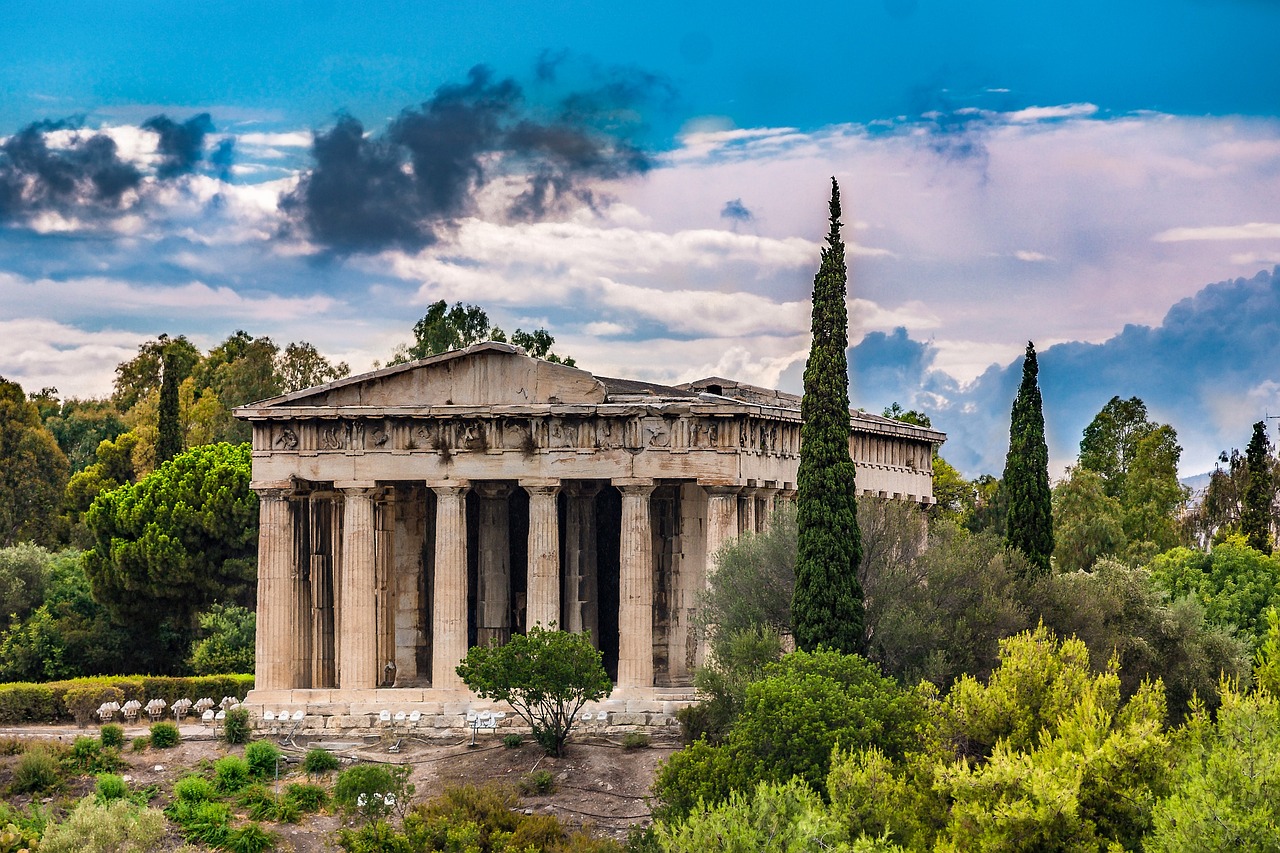Tag: Greek mythology
-
Cerberus: The Monstrous Guardian of the Underworld Cerberus, known in Greek mythology as Kerberos, was the formidable three-headed canine that stood guard at the gates of Hades, the realm of the dead. This colossal creature not only ensured that departed souls entered the underworld but also prevented any from escaping back to the living world.…
-
Athena, a prominent figure in Greek mythology, is revered as the goddess of wisdom, strategy, and warfare, and is often lauded for her guidance in various aspects of life, particularly in matters relating to the city and its defense. Unique in many respects, she stands as a symbol of civilized society and urbanity, contrasting sharply…
-
Rhea, sometimes known as Rheia, stands out as one of the central figures among the Titans, born from the union of Gaia (the Earth) and Uranus (the Sky). She represents the Earth in a nurturing capacity, embodying the powers of fertility and motherhood. As part of the second generation of Greek deities, Rhea holds the…
-
Ares, known as the Greek god of war, is often regarded as one of the least favored Olympian deities due to his impulsive nature, fierce temperament, and constant craving for chaos. His romantic entanglement with Aphrodite, his clashes with Hercules, and the ire he drew from Poseidon after slaying the latter’s son, Halirrhothios, highlight his…
-
In Greek mythology, the Argonauts were a legendary group of fifty heroes who accompanied Jason on his quest aboard the ship, the Argo, to obtain the Golden Fleece. This quest arose after Jason’s uncle, Pelias, seized the throne of Iolcos in Thessaly, rightfully belonging to Jason’s father, Aeson. Pelias pledged to relinquish his throne to…
-
Tyche: The Goddess of Fortune in Greek Mythology Overview Tyche (or Tykhe) represents the divine concepts of fortune, chance, fate, and providence in ancient Greek belief. Often depicted positively, she was also known as Eutykhia, the goddess associated with good fortunes such as luck and prosperity. Traditionally, Tyche is illustrated with various symbols, such as…
-
Greek mythology is a rich tapestry of narratives featuring gods, heroes, and ancient rituals that have captivated audiences for centuries. Recognized by critical thinkers such as Plato during the 5th and 4th centuries BCE, these myths are often infused with truth in the eyes of the common people, despite their fictional elements. This amalgamation of…
-
Nike: The Winged Goddess of Victory in Greek Mythology NIKE, also known as Nicé, is recognized as the winged goddess representing victory, spanning both the realms of war and peaceful contests. As Zeus enlisted allies during the onset of the Titan War, the goddess Nike, along with her siblings Zelos (Rivalry), Kratos (Strength), and Bia…
-
Greek mythology encompasses a rich tapestry of narratives that delve into the lives of gods, heroes, and ancient rituals, drawing from the cultural heritage of Classical antiquity. Recognized for its blend of fact and fiction, this body of stories has been historically significant, with figures like Plato acknowledging its imaginative elements. While mythology across different…
-
Hephaestus: The Olympian God of Fire and Craftsmanship Hephaestus, known as Hephaistos in Greek, stands out among the Olympian deities as the god of fire, metalworking, craftsmanship, sculpture, and stonemasonry. Often portrayed with a beard and wielding typical smithy tools like a hammer and tongs, he is sometimes imagined riding a donkey. Notable Myths and…


